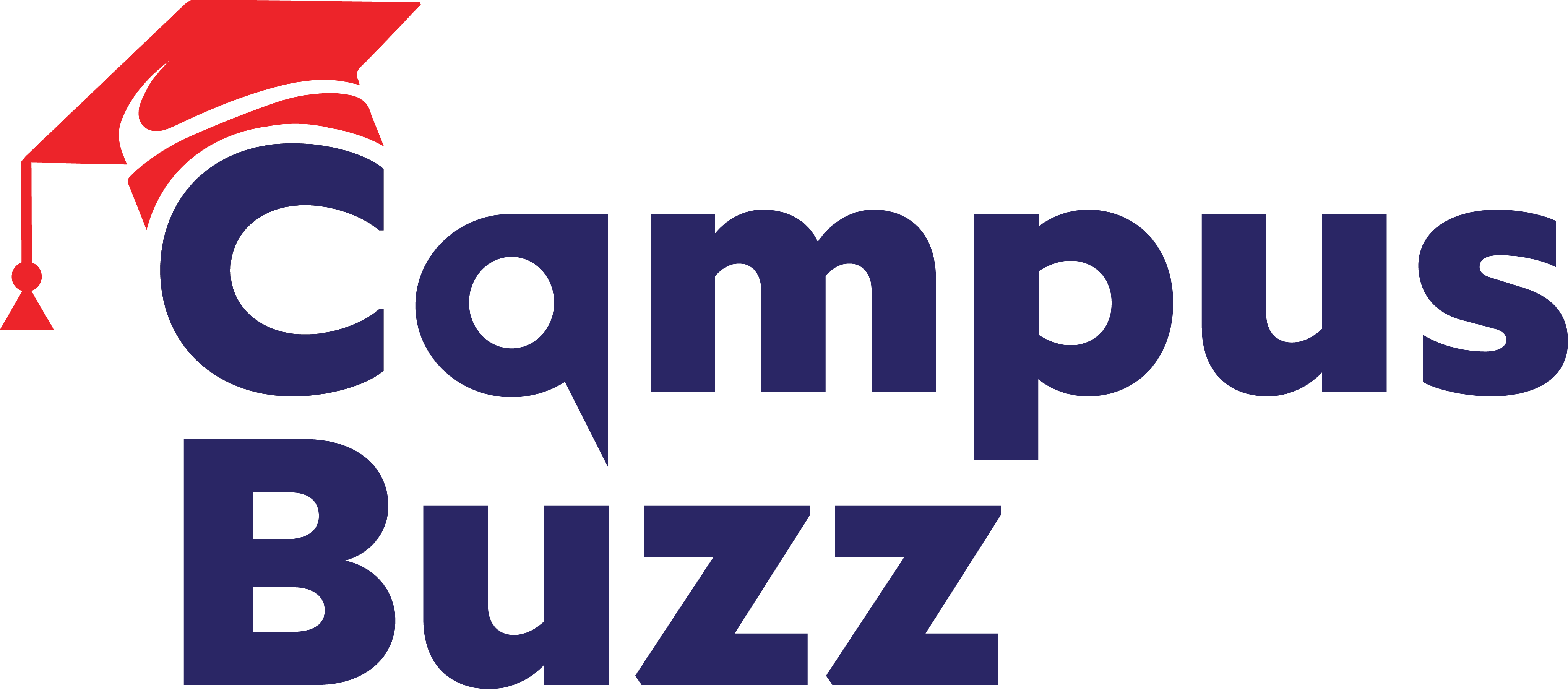Ensure Inclusive and Equitable Quality Education and Promote Lifelong Learning Opportunities for all the Sustainable Development Goal (SDG) 4 focuses on ensuring universal access to quality education and lifelong learning opportunities. It emphasizes the need for inclusive and equitable education systems to empower individuals, reduce inequalities, and drive sustainable development. Education is foundational to achieving other SDGs, as it promotes economic growth, innovation, and social cohesion.
- Assure that all girls and boys get free, equitable, and high-quality primary and secondary education by 2030, resulting in learning results that are pertinent to and effective with Goal 4.
- Make sure all boys and girls have access to high-quality pre-primary education, early childhood development, and care by 2030 so they are prepared for primary school.
- By 2030, guarantee that all women and men have equitable access to reasonably priced, high-quality technical, vocational, and postsecondary education, including university.
- Increase the proportion of adults and children with the technical and vocational skills necessary for employment, respectable careers, and entrepreneurship by a significant amount by 2030.
- End gender gaps in education by 2030 and guarantee vulnerable individuals, such as people with disabilities, indigenous peoples, and children in precarious situations, equal access to all educational and occupational opportunities.
- Make sure that all children and a significant percentage of adults, both male and female, are literate and numerate by 2030.
- Through education for sustainable development and sustainable lifestyles, human rights, gender equality, the promotion of a culture of peace and non-violence, global citizenship, and an appreciation of cultural diversity and the role of culture in sustainable development, all students should have the knowledge and abilities necessary to advance sustainable development by 2030.
- Construct and renovate educational buildings that are gender, disability, and child-sensitive and offer secure, peaceful, inclusive, and productive learning environments for everyone.
- by 2020, significantly increase the number of scholarships available to developing nations, especially those in Africa, the least developed nations, and small island developing states, for enrollment in technical, engineering, and scientific programs as well as vocational training and information and communications technology programs in both developed and developing nations.
- Increase the availability of certified teachers by a significant amount by 2030, notably through international collaboration for teacher preparation in developing nations, particularly small island developing states and least developed nations.


